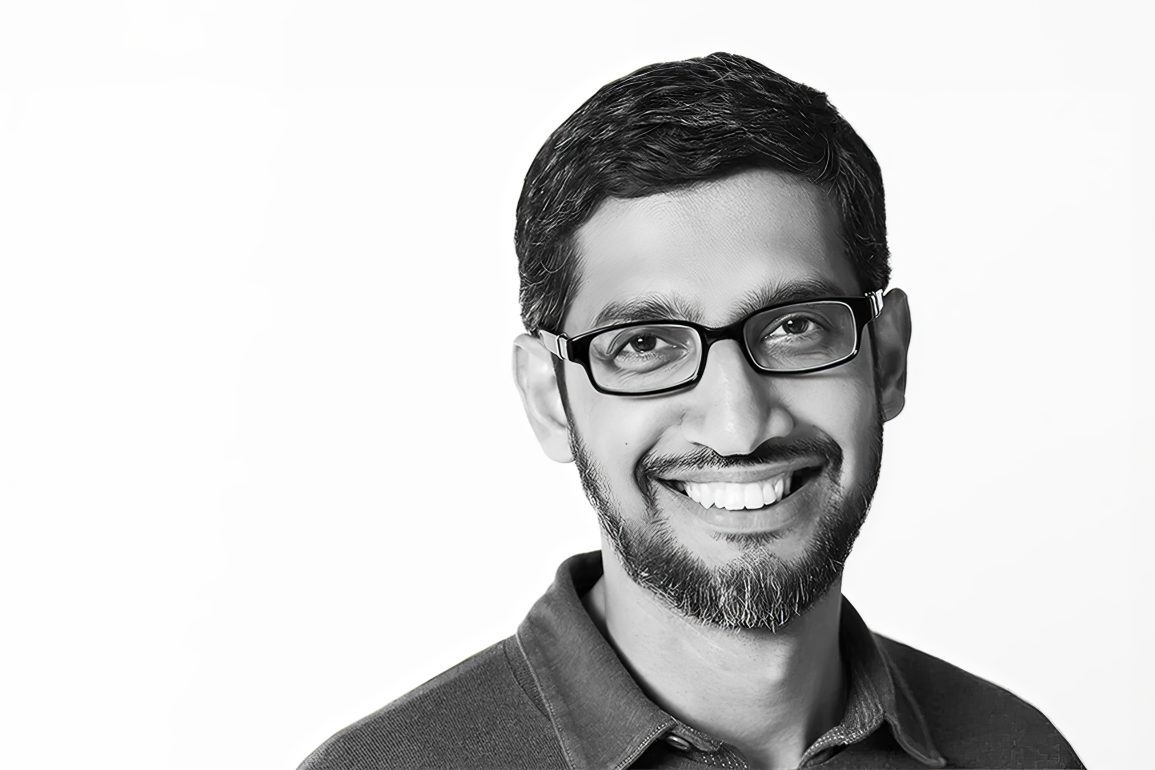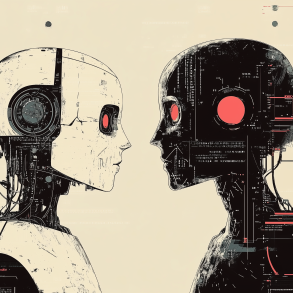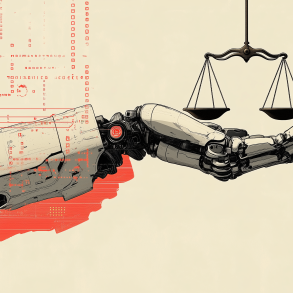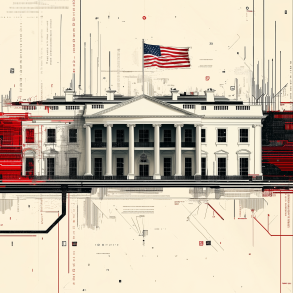During the company’s a horizontal poster by designer Michael Bierut representing people and machines that can see, hear, and speak, a cream background, cinematic, graphic, Google CEO Sundar Pichai anticipated the way the companies AI Oberviews tool will transform the platform’s search feature, which itself changed the way we think about the internet when it first emerged.
In an interview with The Verge’s Nilay Patel, Pichai discussed AI-powered search, a major topic at the recent Google I/O developer conference. During the event, Google introduced several new AI tools and models, including Ask Photos, AI Agents, Project Astra, Gemini 1.5 Pro and Gemini 1.5 Flash, Nano, and AI Teammate.
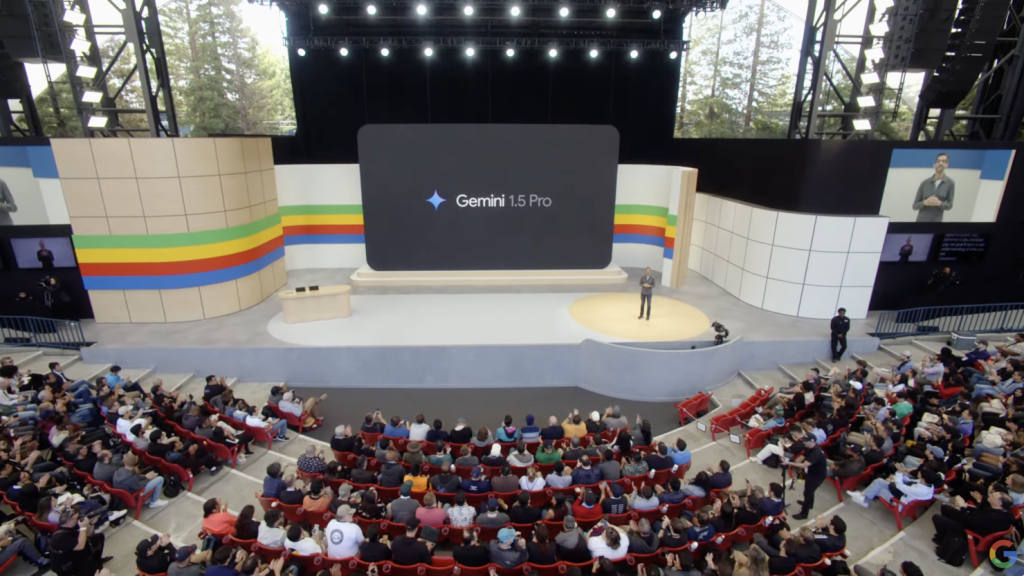
One of the most notable announcements for the general public is the addition of AI Overviews to Google Search. This feature provides an AI-generated summary of search results, potentially reducing the need to click through to other websites. This shift in how web traffic is directed has caused some concern. However, Pichai reassured that there is no cause for alarm.
Pichai noted that new technologies, such as mobile phones, were once thought to potentially disrupt the internet fundamentally. While acknowledging that these technologies have changed the landscape, he stated that the feared destruction has not materialized.
“I remain optimistic,” Pichai said. “Empirically, what we are seeing throughout the years, I think human curiosity is boundless. It’s something we have deeply understood in Search. More than any other company, we will differentiate ourselves in our approach even through this transition. As a company, we realize the value of this ecosystem, and it’s symbiotic. If there isn’t a rich ecosystem making unique and useful content, what are you putting together and organizing? So we feel it.”
Regarding AI Overviews, Pichai mentioned that most users have reacted positively.
“It’s one of the most positive changes I’ve seen in Search based on metrics,” he said. “But people do jump off on it. And when you give context around it, they actually jump off it. It helps them understand, so they engage with the content underneath, too. If you put content and links within AI Overviews, they get higher clickthrough rates than if you put it outside of AI Overviews.”
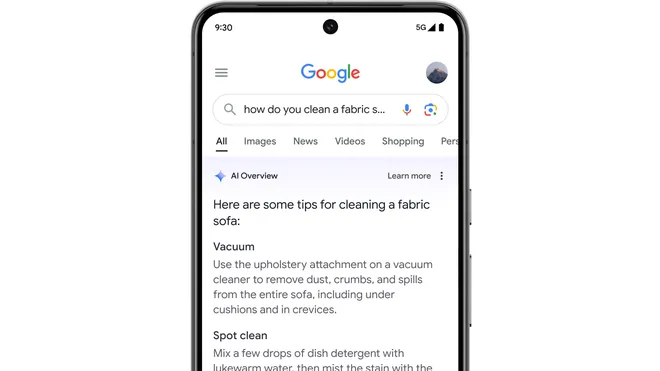
However, this perspective is not shared universally within creative industries. Journalists, for instance, rely on users clicking on their stories rather than just reading an overview. The News/Media Alliance CEO told CNN that AI Overviews “will be catastrophic to our traffic.” The Washington Post published an article titled, “Google’s AI answers could come back to bite it.” Dave Lee, Bloomberg Opinion’s U.S. technology columnist, wrote a column titled “Google’s New Search Engine Is Bad News for the Web Economy.”
Pichai addressed these concerns, stating: “These are disruptive moments. AI is a big platform shift. People are projecting out and putting a lot into creating content. It’s their businesses. So I understand the perspective [and] I’m not surprised. We are engaging with a lot of players, both directly and indirectly, but I remain optimistic about how it’ll actually play out. But it’s a good question. I’m happy to talk about it more.”
Beyond concerns from publishers, there are other potential impacts that are not yet fully understood, particularly because, as Wired reported, the tool cannot be turned off.



